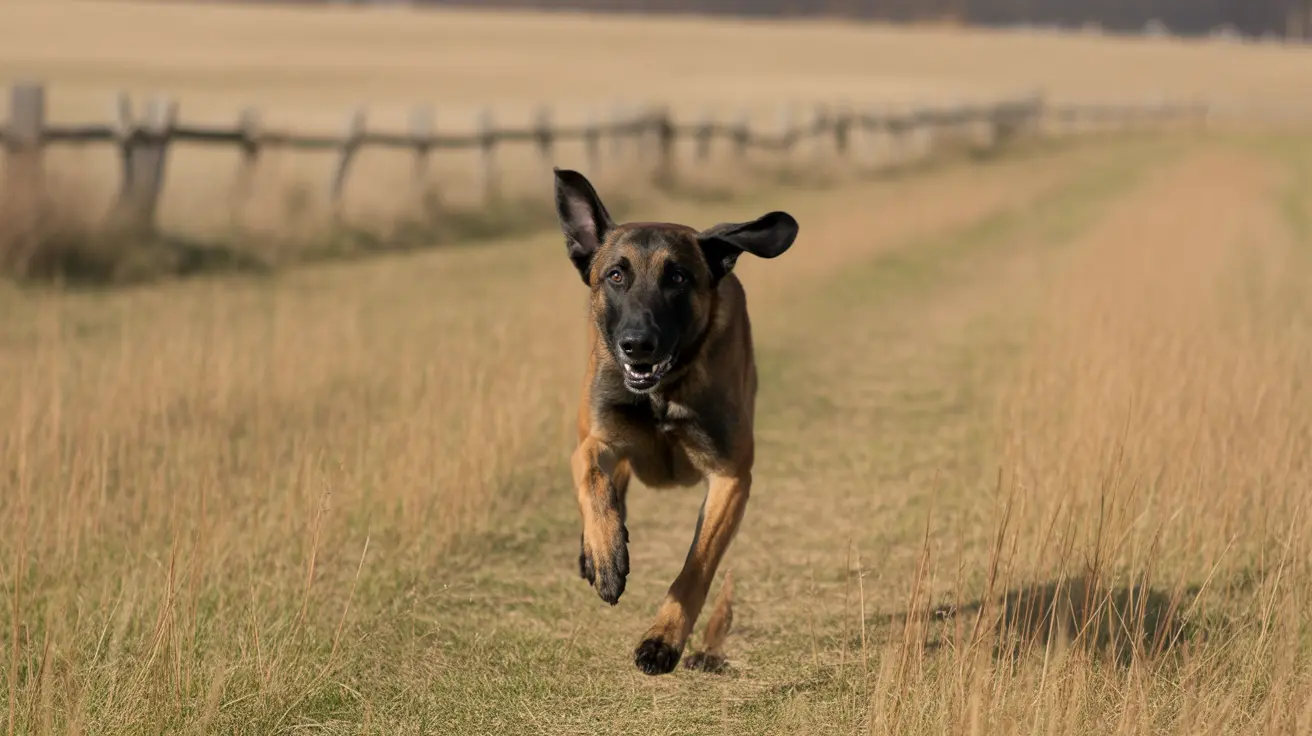The term "dog nutters" has become increasingly common in discussions about pet ownership and social interactions. While most dog owners show a healthy level of attachment to their pets, some individuals take their devotion to extreme levels, earning them this distinctive label.
This article explores the phenomenon of excessive dog devotion, its impact on social interactions, and how to maintain a balanced approach to pet ownership.
What Defines a Dog Nutter?
A dog nutter typically exhibits an obsessive level of attachment to their dogs that goes beyond normal pet owner enthusiasm. These individuals often display several characteristic behaviors:
- Extreme emotional reactions when others don't share their dog enthusiasm
- Inability to acknowledge or address their dog's behavioral issues
- Tendency to anthropomorphize their pets excessively
- Aggressive or defensive responses to perceived slights against their dog
The Psychology Behind Excessive Dog Attachment
While loving our pets is natural and healthy, excessive attachment often stems from deeper psychological factors. Some individuals may use their dogs as emotional substitutes, leading to unrealistic expectations in social situations and difficulties maintaining balanced relationships.
Impact on Social Interactions
The behavior of dog nutters can significantly affect their social relationships and daily interactions. Common scenarios include:
- Becoming visibly upset when someone declines to pet their dog
- Insisting on bringing their dog to inappropriate venues or events
- Dismissing others' legitimate concerns about their dog's behavior
- Projecting human emotions and motivations onto their dog's actions
Setting Healthy Boundaries
For both dog owners and non-dog owners, establishing clear boundaries is essential. Responsible pet ownership means understanding that not everyone shares the same level of comfort or enthusiasm with dogs.
Creating a Balanced Approach to Dog Ownership
Developing a healthy relationship with your pet involves:
- Recognizing that dogs are animals with specific needs and behaviors
- Respecting others' personal space and preferences
- Maintaining appropriate training and socialization
- Understanding the difference between love and obsession
Frequently Asked Questions
How does neutering affect a dog's aggressive behavior toward strangers and other animals?
Neutering can help reduce aggressive behaviors in male dogs by lowering testosterone levels. However, it's most effective when combined with proper training and socialization.
What are the proven health benefits of neutering male dogs besides behavior modification?
Neutering reduces the risk of testicular cancer, prostate problems, and certain hormone-related diseases. Studies show that neutered males typically live 13.8% longer than intact males.
Can neutering worsen anxiety or fear-related behaviors in certain dogs?
While rare, some dogs may experience temporary changes in behavior after neutering. Any long-term behavioral issues should be addressed with a professional trainer or veterinary behaviorist.
Why do some dog owners become overly defensive about their pet's behavior?
This often stems from emotional attachment and viewing criticism of their dog as personal criticism. Some owners may also feel guilty about their pet's behavior but struggle to address it effectively.
How early should I neuter my male dog to prevent territorial marking and roaming?
Most veterinarians recommend neutering between 6-9 months of age, though timing can vary based on breed and size. Consult with your veterinarian for personalized advice based on your dog's specific needs.






